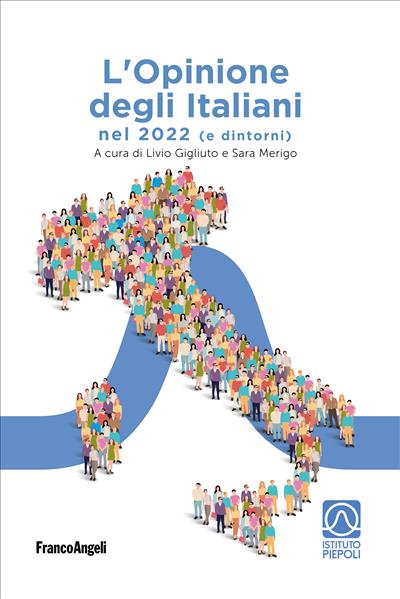
Italy today 2011.
Social picture and trends
The CENSIS Report interprets Italy’s most significant socio-economic dimensions at a difficult moment in the country’s history. After a discussion of how Italian society has turned out to be fragile, isolated, and lacking autonomy, the report addresses some of the main issued that emerged during 2011: what is left of the Italian model of development, the causes of the country’s economic stagnation, and how to revitalize its growth potential.
Edizione a stampa
30,00
Edizione a stampa
30,00
Pagine: 256
ISBN: 9788820400675
Edizione: 1a edizione 2012
Codice editore: 2000.1357
Disponibilità: Buona
PDF con DRM
23,99
PDF con DRM
23,99
Pagine: 256
ISBN: 9788856876208
Edizione:1a edizione 2012
Codice editore: 2000.1357
Possibilità di stampa: No
Possibilità di copia: No
Possibilità di annotazione: Sì
Formato: PDF con DRM per Digital Editions




